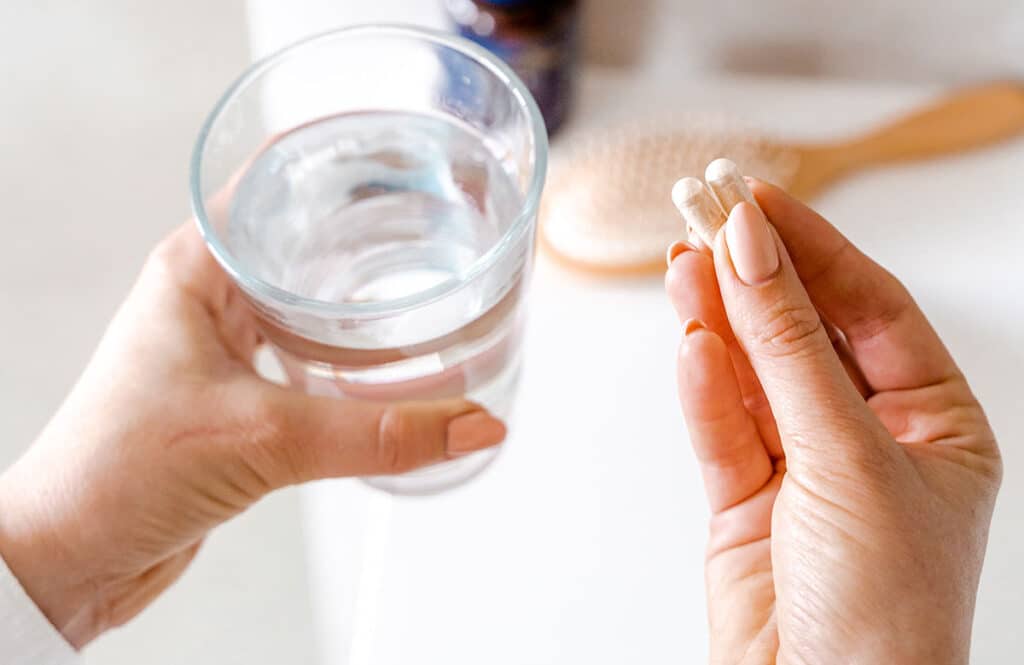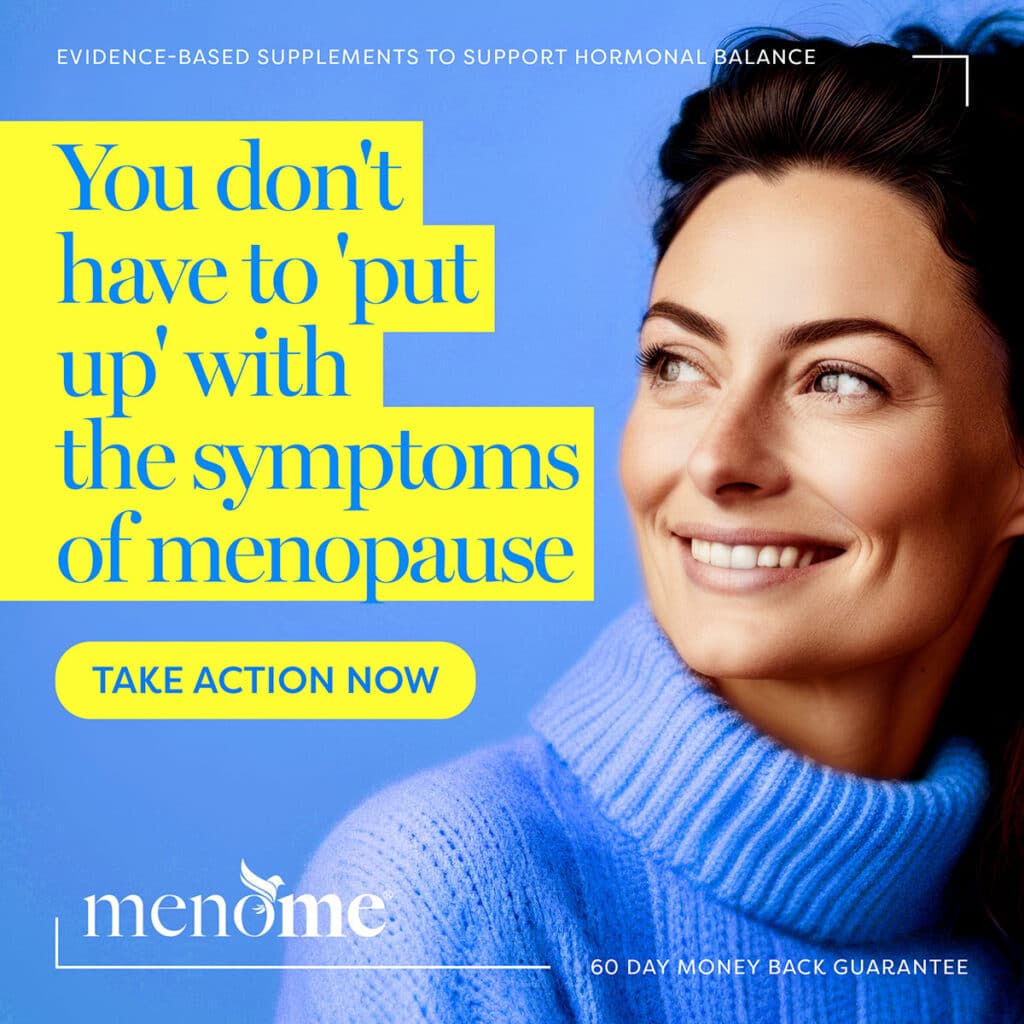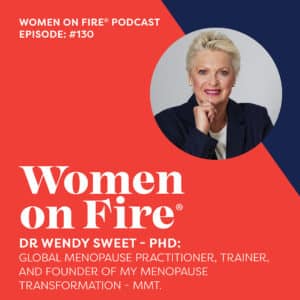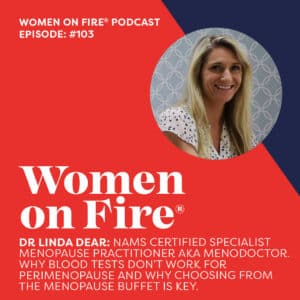
Menopause Hormone Therapy (HRT) can deliver incredible results for many women. However, the truth is, there’s no one size fits all, especially when it comes to women’s health.
Ah, menopause – research has been thin on the ground for decades. It’s only recently hit the worldwide stage but the emerging studies sometimes have conflicting outcomes.
While hormone therapy sounds like the holy grail when we listen to current chatter, there are so many conflicting opinions it’s enough to make you want to toss your hands up in exasperation. But hey, like much in women’s health, it looks like we need more research.
What do hormone therapy, Mary, Jane, peaches & apples have in common?
They’re all different! But there is one thing we know for sure, and that’s that every woman is an individual. Mary’s a peach and Jane’s an apple; similar sure, but not the same. So what works wonders for Mary might leave Jane scratching her head.
Indeed, every woman’s perimenopause and post-menopause journey is personal, influenced by everything from her hormones to lifestyle, gut and liver health, and whether she prefers yoga or wine (no judgement).
And that’s where things get interesting – because navigating the menopausal ride is about being in the know and having options. With the right tools for their unique self, women can take the wheel of the rollercoaster.
Now, before we jump in, let’s get two things straight: 1. The lingo around hormone therapy, and 2. Our approach at MenoMe®.
- HRT – or hormone replacement therapy – has a new alias: MHT or menopause hormone therapy. But, like all things new, it’s taking a minute to catch on.
- MenoMe® is all about a natural, integrated approach. We’re here with evidence-backed solutions and lifestyle wisdom nuggets to help you build a holistic menopause toolkit*.
We love Julie’s take on it: “I like the Merry Peri product and will continue to supplement with this while I use prescribed meds as I wish to get the best of both worlds.”
Let’s talk menopause (because it’s part of every woman’s life cycle)
Menopause is the end of fertility, marking the end of ovulation and menstruation. It’s an inevitable part of life for females that comes with its own set of challenges (mood swings, anyone?)
The average age for menopause is 51, but anywhere from 45 to 55 is fair game. And then there’s perimenopause (peri), or the transition period, which can start four to 10 years earlier.
The good news? There are a number of ways to manage pesky symptoms, from HRT/MHT Therapy to evidence-based supplements to lifestyle tweaks.
What’s the deal with HRT/MHT?
HRT/MHT involves supplementing hormones like estrogen, progesterone, and sometimes testosterone under medical supervision. If you’ve still got your womb and are taking estrogen, you’ll need some progestins or body-identical progesterone too. (Experts favour the latter.)
There are different types and delivery methods of hormone therapy – from pills to patches to gels and sprays.
But let’s not kid ourselves – HRT/MHT isn’t a cure-all for every single woman. For many, it’s a lifeline for hot flushes and might even help with bone health and heart disease. However, some women can’t take it, others don’t want to, and some don’t do well on it.
To be clear, this isn’t our area of expertise, so any risks and benefits of HRT/MHT therapy should be discussed with your healthcare professional.
And remember, one woman’s miracle cure might be another’s headache – literally.
Going natural: because sometimes it’s a preferred choice
Good news: you can do a lot by tweaking your lifestyle. Studies show getting a handle on your weight, cutting back on processed foods and sugar, reducing alcohol, quitting smoking, and embracing stress-reducing practices like yoga and breathwork are helpful. Ancient wisdom meets modern science here – isn’t it amazing that we live in a time where the two can walk hand-in-hand? As Julie said earlier, it’s all about integrating the best of both worlds.
Which is where we come in with non-hormonal menopause alternatives. We use evidence-based botanical ingredients with a rich history in traditional medicine – many of which are probably already in your kitchen. We also offer lifestyle advice to help you along the way.
Conclusion: there’s no one-size-fits-all
To wrap it all up, even if you’re on HRT, it’s not a cure-all in every case.
But we see you! Whatever path you choose, we’re here as your menopause wing-women, ready to support your journey.
Feeling “seen” and having a support crew makes all the difference on this sometimes bumpy road. Professor Jayashri Kulkarni, a leading researcher on the link between women’s hormones and mental health at Monash University, shared on the Women On Fire® podcast that menopausal depression can fall under the same umbrella as other menopause symptoms like sleep disturbances and mood swings.
Empowering your menopause journey with non-hormonal solutions
Our goal is to support you in managing both the physical and emotional symptoms of menopause by offering a range of non-hormonal alternatives – because it’s all about having options. Whether you’re navigating perimenopause with Merry Peri®, or embracing post-menopause with Perky Post®, we’ve got you covered.
For those experiencing hormonally-driven hair thinning or loss, skin radiance concerns, or weakened nails, LotsaLocks® is here to help. And don’t forget Happy Go Tummy® – perfect for supporting your gut and vaginal microbiome. (Many women find that using LotsaLocks® and Happy Go Tummy® alongside their hormone therapy is a winning combination!)
Together, these four products – our ‘Core Four’ – are formulated by women for women. We invite you to explore testimonials from our wonderful community here.






 Say hi to ’26
Say hi to ’26